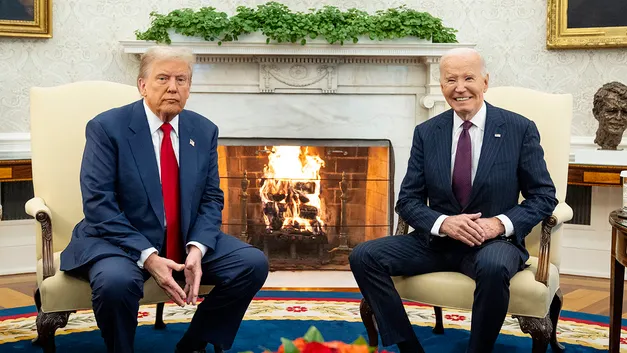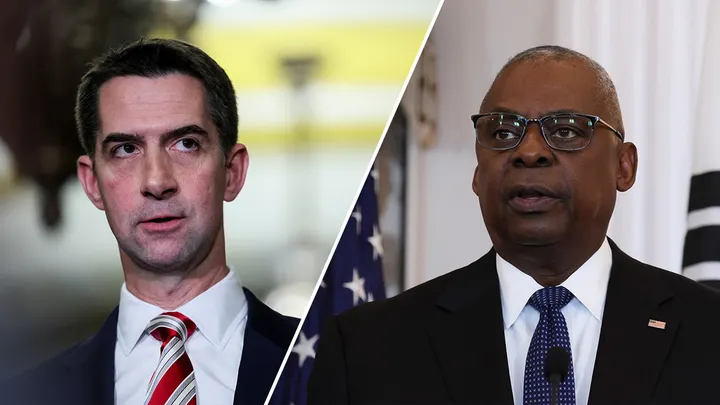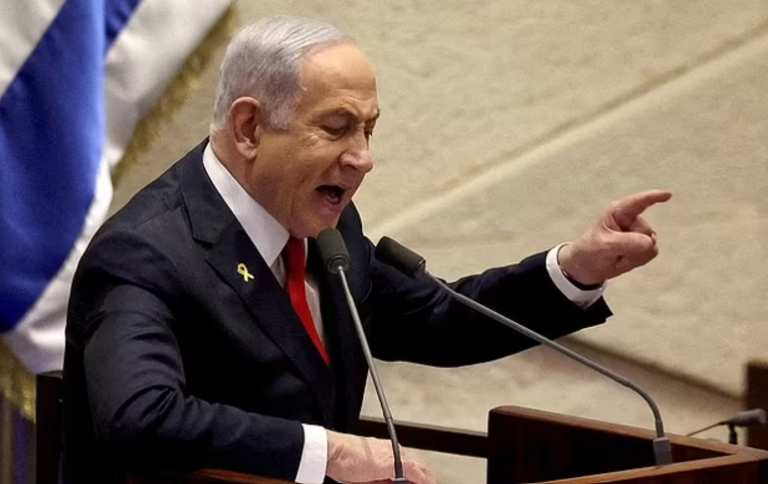The U.S. Food and Drug Administration (FDA) is set to unleash significant rule changes disguised as public health initiatives, which would empower Mexican drug cartels and arm them with a lucrative new revenue stream.
The rule changes would essentially ban all cigarettes, starting with an outright ban on menthol-flavored cigarettes and flavored cigars. As with all new regulatory overhauls, federal bureaucrats have studies and reports they claim support their actions, but real experts see disaster right around the corner.
Law Enforcement Pushes Back: Big Business Boon for Drug Cartels
Law enforcement leaders, for example, are convinced these policies will make the humanitarian crisis at the U.S.-Mexican border even worse. They say this cigarette ban will only serve to supply the violent and murderous Mexican drug cartels with new high-demand products.
“There is very little doubt this regulation will create a new illicit market and that it is likely to be enormous,” Cochise, Arizona, County Sheriff Mark J. Dannels wrote in the Arizona Daily Star. “Readily available data clearly demonstrates this will lead to significant increases in illegal product meeting consumer demand. We already have an illicit market in tobacco products in the U.S., driven primarily by high tax rates. Banning legal sales would create powerful financial incentives for Mexican cartels and domestic/international criminal networks to step in to supply the unmet demand. With financial incentives this powerful, the question isn’t whether an illicit market will arise, but just how big it will be.”
Nearly one-third of the 30 million Americans who smoke conventional cigarettes report using menthol cigarettes, which make up a $25 billion market for the U.S. economy. If made illegal, the trade in menthol cigarettes would present a huge opportunity for Mexican cartels to line their pockets and create new revenue streams. Banning flavored cigars, which make up half of the cigar market, would add another $10 billion to that total. If the proposed cigarette ban were to take place, Americans’ economic loss would be the Mexican cartel’s $35 billion gain.
The cartels see a burgeoning market. According to the Mexican newspaper Milenio, the Cartel de Jalisco Nueva Generación is ramping up its production capability and sale of illicit cigarettes. This “Tobacco Cartel” owns and operates three cigarette manufacturing facilities and has already expanded its reach throughout Mexico. It’s eyeing the United States as its next customer base. They view the Biden policy shift as a boon to their business.
Even more alarming, the cartel is also known to traffic fentanyl, which claimed the lives of more than 70,000 Americans in 2021, and is the primary cause of overdose deaths in the U.S. That means the Biden cigarette ban could flood the U.S. with black market cigarettes produced in the same facilities in which the deadly drug is manufactured.
The Unfunded Mandate: A Menthol Cigarette Police State with YOUR Tax Dollars
Many law enforcement leaders also raise concerns that the new Biden administration rules will essentially turn them into the “menthol cigarette police.”
It will fall on local police to enforce these bans. African Americans are far more likely to consume menthol-flavored cigarettes than other ethnic groups, which means local police will be forced to patrol Black neighborhoods and stop-and-frisking suspected menthol smokers instead of chasing down real criminals.
“The FDA’s proposal represents an unfunded mandate for law enforcement that will shift responsibility for enforcement of these tobacco products to state, local and federal law enforcement – but without the resources needed to deal with these new responsibilities,” Sheriff Dannels says.
It’s clear that the Mexican drug cartels would be the big winners should the FDA proceed with its two planned tobacco rule changes. This alone should cause the Biden administration to reverse course.



